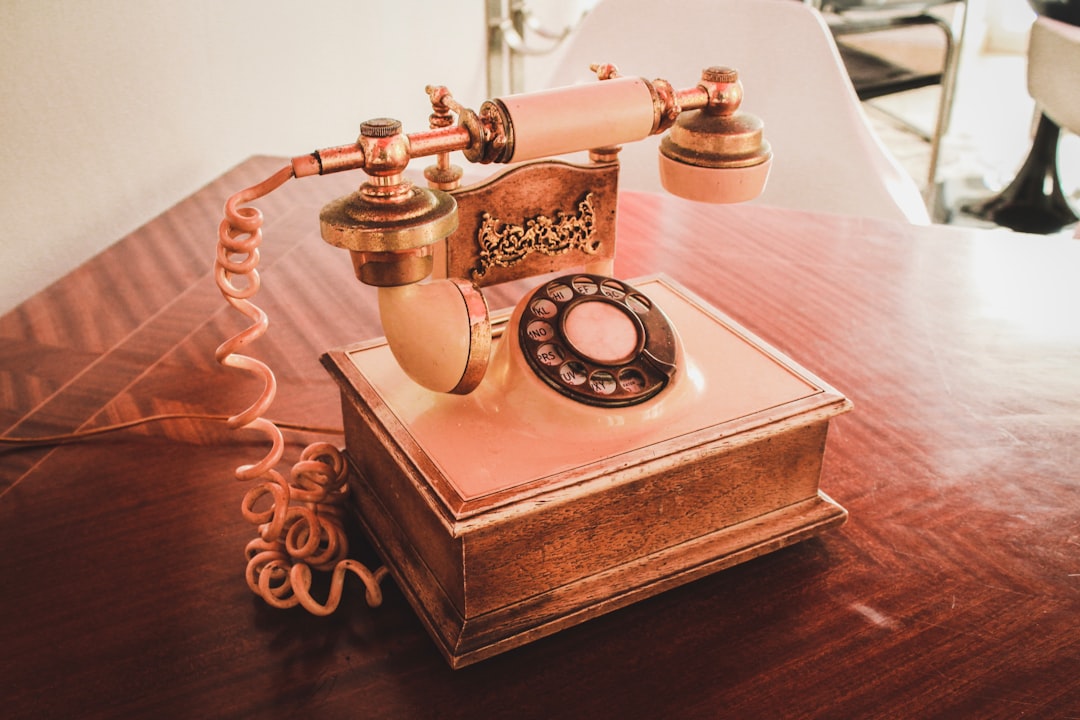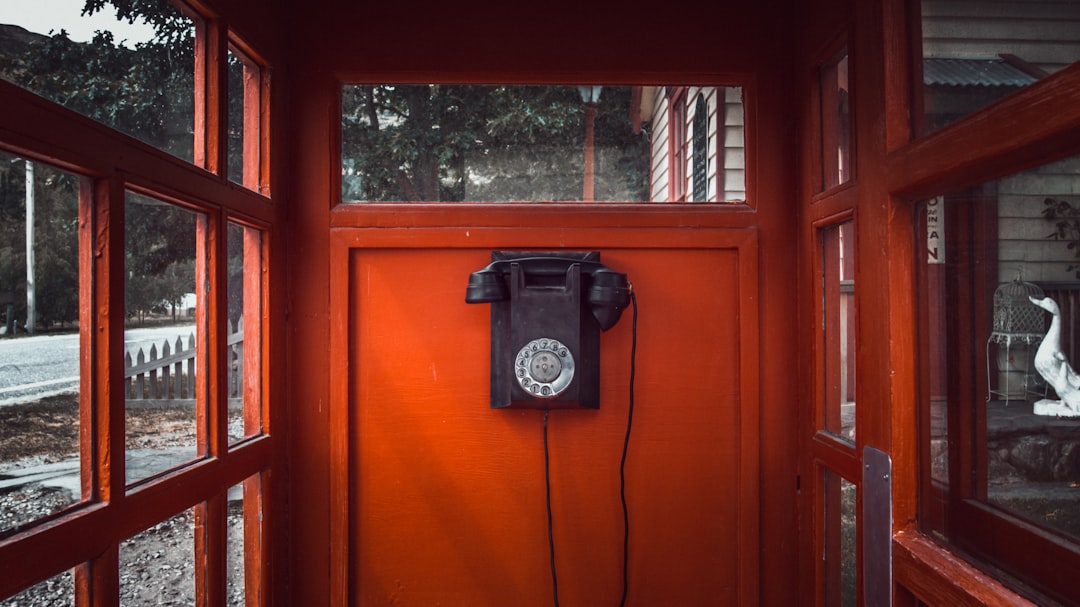Nonprofits in Massachusetts can leverage legal exemptions for charitable calls under state Do Not Call laws, but must be tax-exempt, registered with the AG's Office, and adhere to guidelines focusing on transparency, respect for choices, and data privacy, while avoiding commercial activities. Consulting Do Not Call lawyers helps ensure compliance and strong donor relationships.
In Massachusetts, nonprofits play a vital role in serving communities across the state. However, navigating phone calls and donation solicitations can be complex, especially with strict regulations like Do Not Call laws in place. Understanding exemptions for nonprofit calls is crucial for organizations to effectively raise funds and maintain compliance. This article explores the criteria for nonprofit exemption, legal protections for charitable calls, and strategies to navigate Do Not Call laws in Massachusetts, helping nonprofits optimize their outreach efforts while respecting consumer preferences.
Nonprofit Exemption Criteria in Massachusetts

In Massachusetts, nonprofits enjoy certain legal exemptions when it comes to making phone calls, a benefit often sought by organizations engaging in fundraising or member outreach. To qualify for this exemption, nonprofits must meet specific criteria set forth by the state’s Do Not Call laws. Firstly, the organization needs to be recognized as tax-exempt by the Internal Revenue Service (IRS) and registered with the Massachusetts Attorney General’s Office. This registration process involves submitting a detailed application that outlines the charity’s purpose, structure, and fundraising practices.
Additionally, nonprofits must demonstrate that their calls are for charitable purposes only, such as soliciting donations or engaging in member communication. The exemption does not extend to commercial activities or telemarketing, emphasizing the non-profit nature of the organization’s endeavors. By adhering to these guidelines, Massachusetts nonprofits can effectively carry out their missions while respecting residents’ privacy and avoiding potential legal repercussions with Do Not Call Lawyers Massachusetts.
Legal Protections for Charitable Calls

Nonprofit organizations in Massachusetts, like elsewhere, face challenges when it comes to making charitable calls. However, there are legal protections in place to ensure these calls remain effective and ethical. The state’s laws and regulations aim to balance the needs of charities with the privacy rights of residents, particularly regarding Do Not Call lists.
Charitable organizations are generally exempt from certain restrictions imposed on telemarketing activities by the Massachusetts Do Not Call Lawyers. This exemption allows them to reach out to potential donors directly, as long as they comply with specific guidelines. These guidelines include providing clear and accurate information about the organization’s purpose, being respectful of recipients’ choices, and ensuring data privacy. By adhering to these rules, nonprofits can continue their vital work while respecting consumer rights, fostering trust, and maintaining a positive image in the community.
Navigating Do Not Call Laws for Charities

Nonprofits in Massachusetts, like elsewhere, must navigate strict Do Not Call laws to ensure compliance and respect for their donors. These regulations are designed to protect individuals from unwanted telemarketing calls, but they also present a challenge for charitable organizations relying on phone outreach to raise funds and support their causes.
Charities often qualify for exemptions under these laws, allowing them to contact donors directly. However, understanding and adhering to the specific rules can be complex. Do Not Call lawyers in Massachusetts can provide invaluable guidance, ensuring nonprofits avoid violations and penalties while effectively connecting with supporters. These legal experts help charities navigate the intricacies of exemption criteria, do’s, and don’ts, enabling them to maintain strong donor relationships and fulfill their missions.






